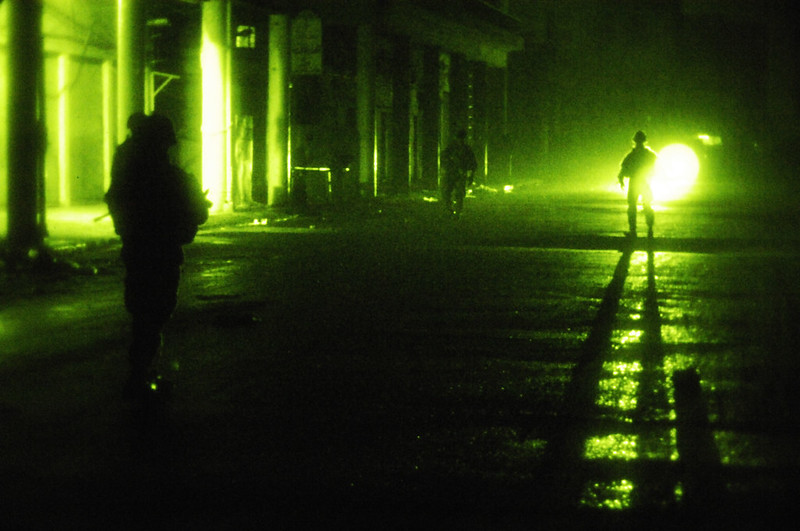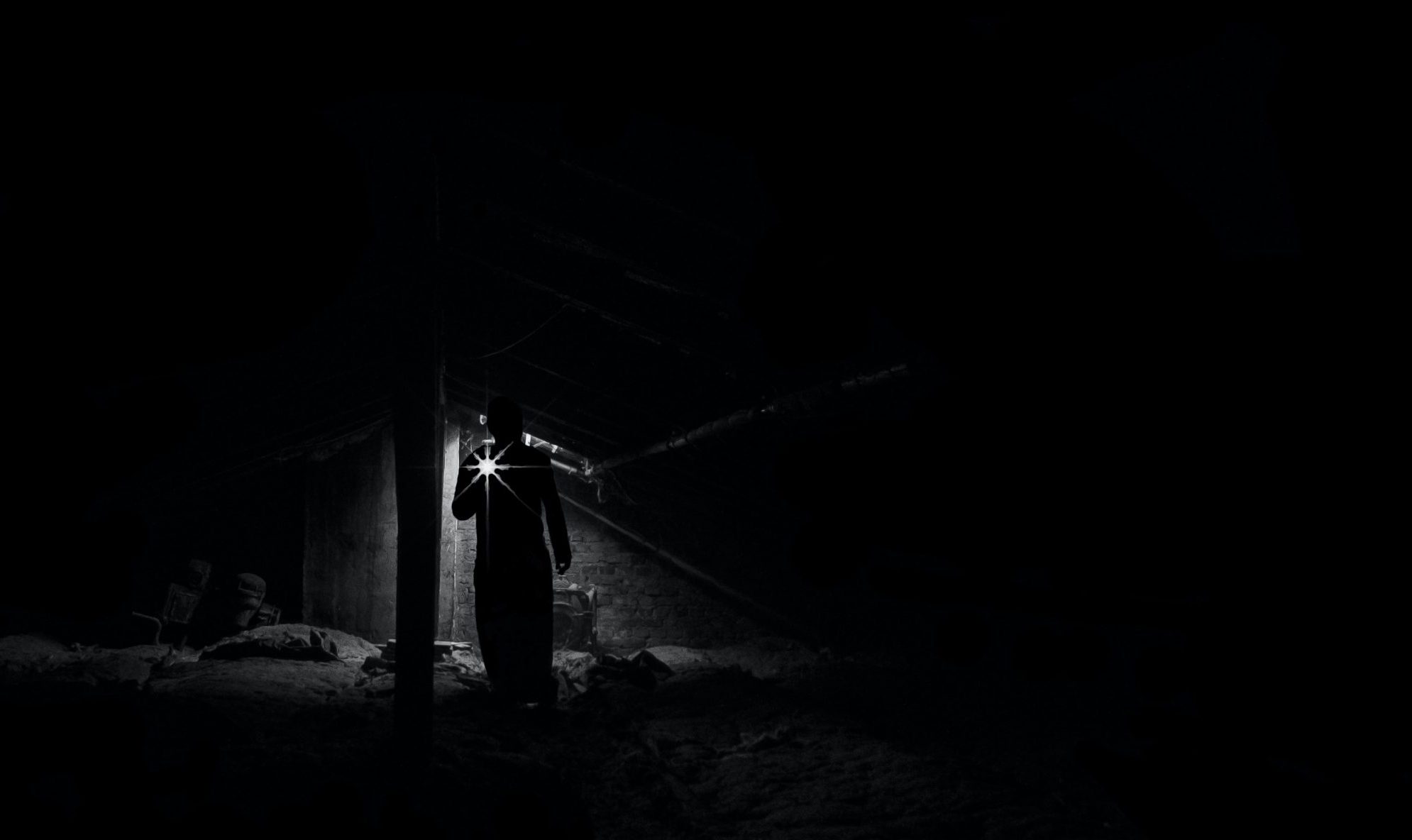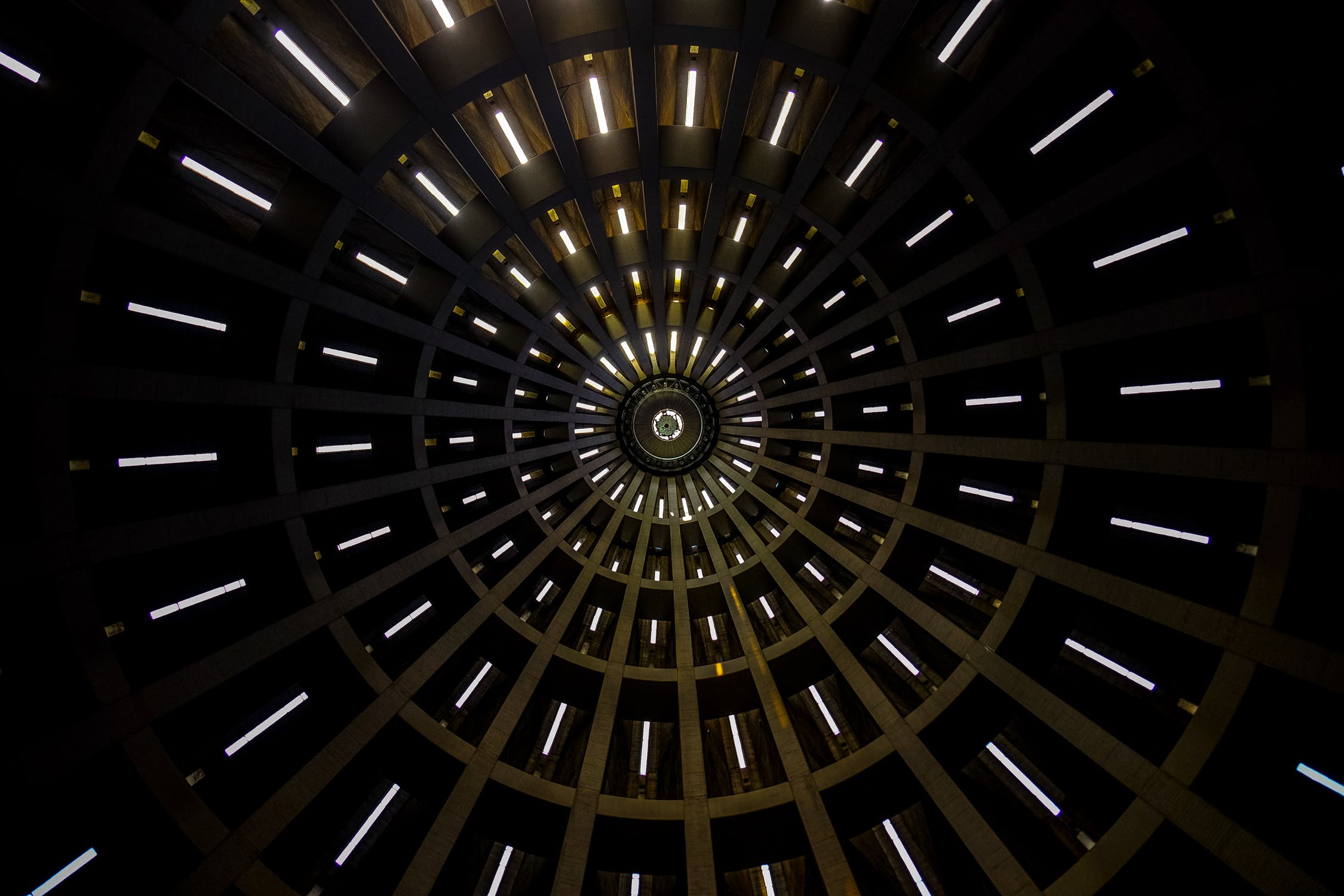This special issue of Alluvium takes as its subject contemporary literature’s relationship with the political centre. The editors remind us that there is more than one answer to this question. Indeed, locating this ideological ground is in part so difficult because of the constantly shifting discursive environment concerning centrism, and its relationship with both the left and the right.
View More Alluvium Editorial 8.2: Locating the Centre in Contemporary LiteratureCategory: Previous Issues
Class, Authenticity and Centrism
The wider political formation of centrism within the last two decades can be more thoroughly articulated by examining its cultural expressions. This article argues that no accounting of the political centre’s literary and cultural mediations would be complete without Ian McEwan, who has shown remarkable permanence as the pinnacle of a specifically English, middlebrow literary culture.
View More Class, Authenticity and CentrismDecentring the “Scumbag” Veteran
“How do you get to be a scumbag?” wonders the veteran protagonist of Nico Walker’s novel, “Cherry”. A tale of war, dope fiends and bank robbery, Walker’s auto-fictional debut isn’t short of despicable people doing despicable things. The scumbag veteran, however, marks a striking departure from the veteran hero familiar to the contemporary cultural landscape.
View More Decentring the “Scumbag” VeteranThe Centrality of the Trivial
At the centre of our collective inability to apprehend the climate crisis is our failure to imagine ourselves as anything other than the centre of everything. This article examines Jenny Offill’s novel “Weather” arguing that it stages the contemporary Western subject’s centring on its own trivialities as necessary to survival on an individual scale, yet also as threat to the survival of the planet.
View More The Centrality of the TrivialNow “The Fact That” Then
This article examines the dissolution of the centre as a fecund literary frame of reference. Lucy Ellmann’s “Ducks, Newburyport” (2019) is a novel that is written on the precipice of crisis. It is an experimental novel of (mostly) one sentence that documents a contemporary crisis of distraction so engrossing that we do not have time to acknowledge its magnitude.
View More Now “The Fact That” ThenAlluvium Editorial 8.1
In this first 2020 issue of Alluvium, articles converge around conflicting understandings of our sense of self in the neoliberal contemporary. At a particularly ‘uncertain’ time in which the concept of the national bloc is becoming all-the-more contested as a locus of identity, where do we seek alternative forms of identification and affiliation?
View More Alluvium Editorial 8.1Post-National Authors, Post-National Literature? An Interview with David Szalay
In the previous issue of Alluvium, Christine Lehnen wrote about the possibilities and limitations of post-national literature in Europe in the 21st century. As part of an ongoing research project, she is conducting expert interviews with practitioners to explore their stance on nationality and how it shapes (or fails to shape) their writing.
View More Post-National Authors, Post-National Literature? An Interview with David SzalayReturning to the Scene: Seriality and the Serial Killer in Mindhunter (2017-)
The perennial popularity of films, mini-dramas, and documentary-style TV shows depicting serial killers reflects the symbiotic state between production and our fascinated consumption. As a culture, it seems we return to the scenes of violent and notorious crimes compulsively. Mark Seltzer implies the extent of our interest in this particular configuration of masculinity when he writes that representations of the serial killer and serial murder ‘have by now largely replaced the Western as the most popular genre-fiction of the body and of bodily violence in our culture’ (1).
View More Returning to the Scene: Seriality and the Serial Killer in Mindhunter (2017-)Highlighting Invisible Media: Television Subtitles in the Split-Attention Economy
A striking demand of many theoretical texts which engage with the formal aspects of media is the importance of paying attention.
View More Highlighting Invisible Media: Television Subtitles in the Split-Attention EconomyConference Review: New Research on American Literature and Neoliberalism
‘New Research on American Literature and Neoliberalism’ (organised by Arin Keeble) was held at Edinburgh Napier University on the 9th December 2019. This symposium included eight papers over two panels, and launched six new books focused around American literature in the neoliberal age: Diletta De Cristofaro’s The Contemporary Post-Apocalyptic Novel: Critical Temporalities and the End Times (2020); Paul Crosthwaite’s The Market Logics of Contemporary Fiction (2019); Myka Tucker-Abramson’s Novel Shocks: Urban Renewal and the Origins of Neoliberalism (2019); Arin Keeble’s Narratives of Hurricane Katrina in Context: Literature, Film and Television (2019); Liam Kennedy and Stephen Shapiro’s Neoliberalism and American Literature (2019); and Sharae Deckard and Stephen Shapiro’s World Literature, Neoliberalism, and the Culture of Discontent (2019).
View More Conference Review: New Research on American Literature and Neoliberalism









